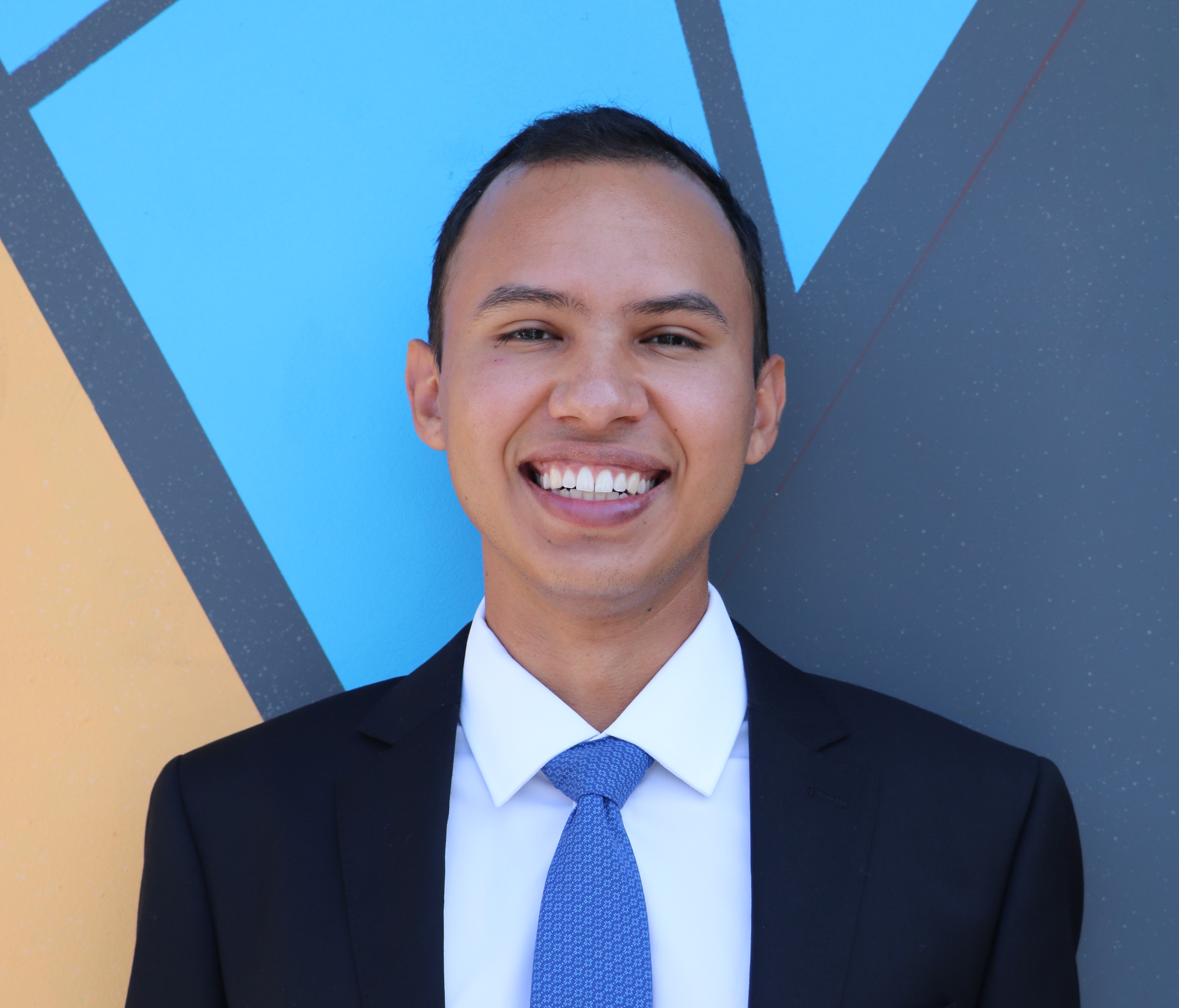Writing medical school applications is a prime time for self-reflection. Both during the writing process and in preparing for interviews, I’ve found myself reflecting on the things I wish I had known as a premed. Below are the things that I wish I had known in undergrad, especially as the first in my family to pursue a career in medicine.
Do what makes you happy
There is an obsession, especially on your friendly neighborhood forums such as "SDN" and "r/premed," about the things that you absolutely must do and how many hours you must do them for in order to be accepted into a competitive medical school. Although I do highly recommend one of these "must-do" things – more on that in a minute – most of these stringent so-called "requirements" are myths. In my experience, I have found that what most admissions committees are looking for is someone that has demonstrated not only a passion for medicine, but also passion for other interests. If you have a love for language acquisition, join a Spanish language organization (or major in French, or take a Korean immersion course, or study Swahili!). Become a personal trainer. Play intramural tennis or join a dance team. Join an a cappella or human rights activist group. Do what you love, and admission committees will love you for genuinely and passionately doing that.
It’s okay to switch!
In this exploration process, there will likely come a time where you try something out and realize it’s not for you. That might be a lab whose research you just can’t fall in love with, a job that sucks, or a major that isn’t what you thought it would be. I know sometimes, especially as premeds, there is a conversation about the need for long-term commitment, which leads to the conclusion that it is unacceptable to quit anything. Although sticking with these involvements will result in demonstrated long commitment times, it will be evident when interviewing that you are not passionate about the things you’ve done. It's important to reflect on the things and spaces that do and do not work for you.
Don’t forget the basics
Here's the obsession that I do agree with, the one thing that is an absolute must: clinical experience. Admission committees want to know that you know what it means to be a doctor (beyond what you might’ve seen on shows like Grey’s Anatomy). There are different ways you can gather clinical experience, but again, I recommend doing it in the way that makes the most sense for you. If you want to work with refugee patients as a physician, scribe or volunteer at a refugee health clinic. If you want to become an orthopedic surgeon, work at an ortho clinic. Even then, clinical practice is only one facet of what you can do as a physician, but it is highly recommended to have substantial experience working with a physician in some capacity.
I hope I have illuminated that the process is a lot more flexible than it can often feel. College and gap years are the best time to explore. Find the things you love, engage genuinely with them, and success will be sure to follow.

Comments